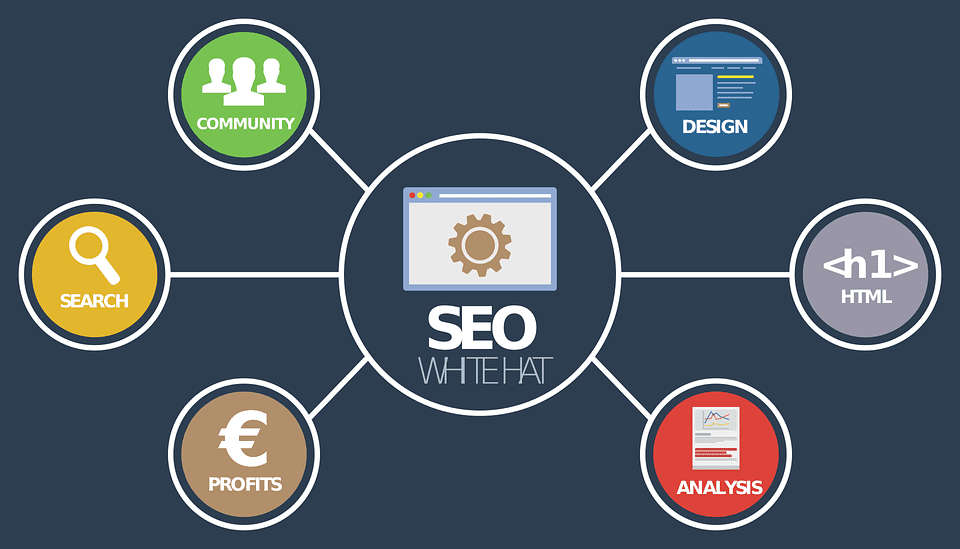Addressing Common SEO Challenges of an E-commerce Website

E-commerce websites can be challenging to manage, especially when they have many different product offerings. When you don’t pay careful attention, you can make SEO mistakes that can affect your site’s online visibility and search engine ranking.
In this article, we will talk about those common SEO challenges faced by e-commerce websites and ways to address them:
Product Description
An e-commerce website can offer thousands of products, which means thousands of pages to crawl and rank. To manage this gigantic amount of work, e-commerce sites resort to automation, which leads to poor SEO exposure.
To address this, you need to update as many product details as you can, especially for highly-valued products you want to rank. Another thing you can do is to write unique content to avoid content duplication.
Low-Quality Content
With the Panda Algorithm, Google demands high-quality content. As mentioned before, write unique and easy-to-read descriptions for your products.
Loading Speed
Site loading speed is a crucial reason why visitors bounce off from a website or discontinue their online shopping. In other words, the slower the loading speed, the more likely it is that you will have lower conversion rates.
Make sure your site loading speed stays within 2-3 seconds. If it is above 3 seconds, get better web hosting. If you are unsure about which web hosting company to go to, read online reviews from different sources.
Also, perform minor website changes like installing cache plugins and use image optimization tactics to improve your loading speed.
SSL
SSL is critical for e-commerce sites. Not only does it provide security, but it also improves Google ranking.
Visitors are more inclined to trust an e-commerce website enabled with SSL as they can share and use their financial information without worrying about data or financial theft.
Managing Reviews
Managing online user reviews is another common SEO challenge faced by e-commerce websites.
It is important to know that there are advantages and disadvantages of enabling user reviews on your website. However, it is always better to have one for SEO purposes.
It’s not unusual to have both positive and negative reviews. What matters is managing your reviews to ensure that they have a better impact on your website SEO. For negative reviews, make sure to acknowledge your angry or unsatisfied customer, and offer a solution.
Don’t allow any discussion that is unrelated to your product or offers. Avoid fake reviews to keep your e-commerce website SEO healthy.
Design and Redesign
A website redesign is another challenge for e-commerce websites. It is vital to do it once in a while to keep things fresh and relevant with your customers.
When redesigning your site, make sure you adopt a responsive web design – responsive and supportive of multiple devices. It is always a good idea to consult with a good web design agency. They can properly manage the transition or migration of your content from the old site to a new site and make sure you keep the traffic and SEO that you have built.
